Why Japan Does Slow Living Better (And How You Can Too)
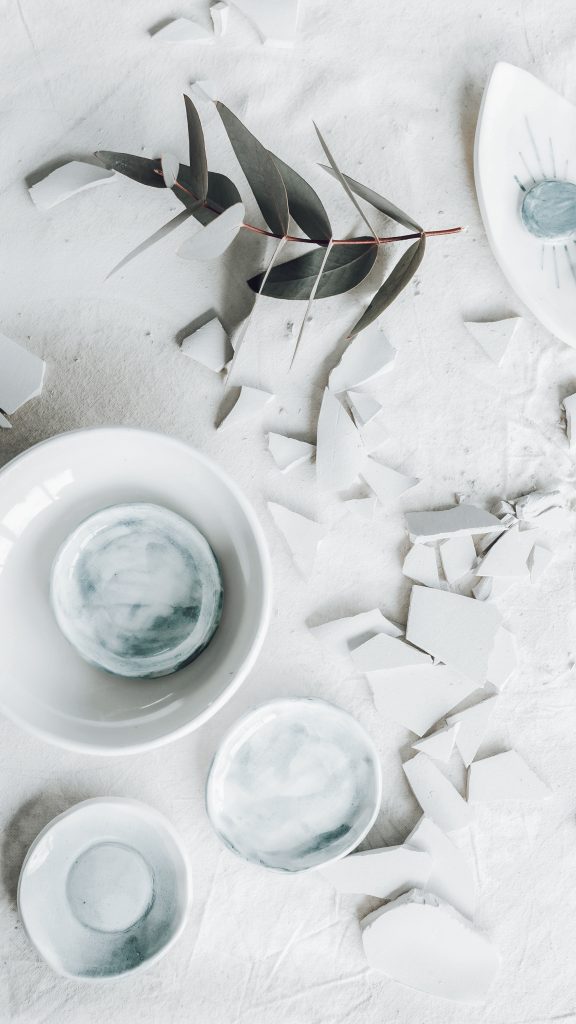
This post may contain affiliate links, which means I may earn a small commission if you make a purchase through these links — at no extra cost to you. Thank you for supporting the content I create here on the blog! You can read my full Disclosure Policy for more details.
In this article
Much of modern life feels like a race against time. Our calendars are packed, our minds are restless, and our days feel like their slipping by in a blur. But Japan has long mastered the art of slowness, of living in deep harmony with the natural world and appreciating the quiet beauty in everyday moments.
From the centuries-old tea ceremony to the meditative nature of tending a bonsai tree, Japanese culture teaches us that true fulfillment doesn’t come from doing more, but from being fully present with what we already have.
Whether you dream of a slower life or simply want to infuse more calm into your daily routine, there’s much to learn from Japan’s quiet wisdom.
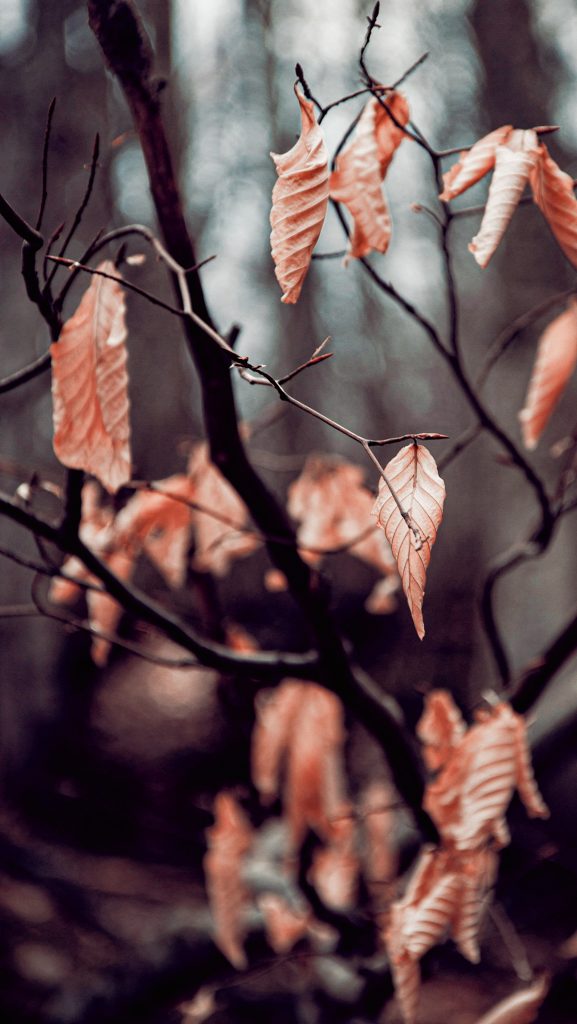
Shinrin-Yoku: The Healing Art of Forest Bathing
Japan understands something many of us have forgotten: nature isn’t just a place to visit.
I’m talking about the concept of shinrin-yoku, or forest bathing. It emerged in the 1980s as a way to combat urban stress. Unlike hiking, which is goal-oriented, shinrin-yoku is about immersing yourself in nature with no agenda. About breathing in the scent of damp earth, feeling the textures of tree bark beneath your fingertips, and listening to the soft rustling of leaves in the wind.
Science backs it up, with studies showing that spending time in forests reduces cortisol (the stress hormone), lowers blood pressure, and even boosts immune function. In fact, Japanese doctors often prescribe time in nature as part of holistic wellness, recognizing that true healing happens not just in hospitals but in the natural world.
Even if you don’t have access to a lush cedar forest, you can bring shinrin-yoku into your life by:
- Taking slow, mindful walks in a local park.
- Sitting beneath a tree and observing the world around you.
- Bringing natural elements (like wooden décor, fresh flowers, or small plants) into your home.
- Spending time outside without distractions (no phone or music).
Slow living in Japan teaches us that nature is something we are part of.
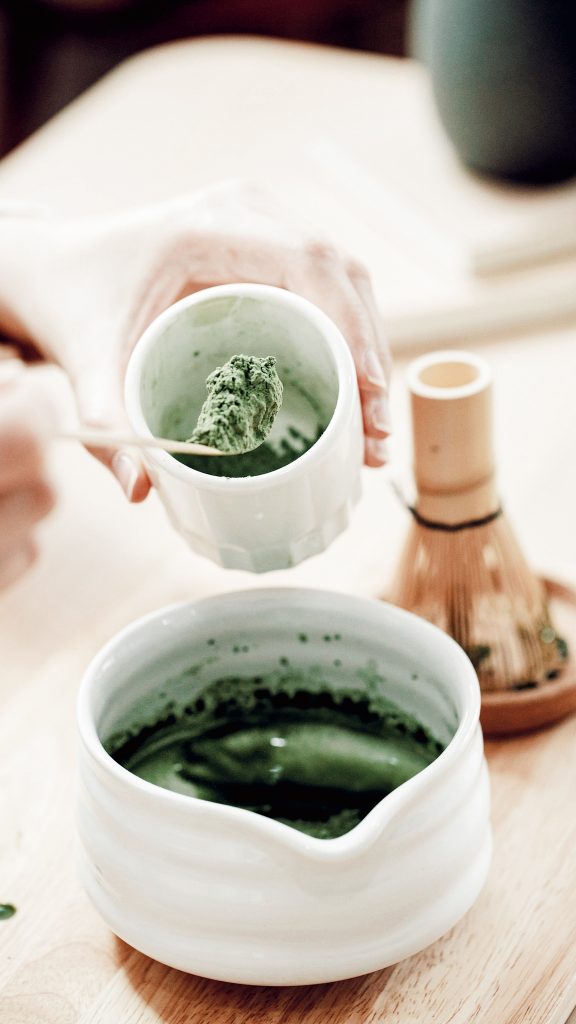
The Tea Ceremony: A Ritual of Presence
If slow living had a taste, it would be the umami depth of a perfectly whisked bowl of matcha.
The Japanese tea ceremony, or chanoyu, is a mindful ritual that turns an ordinary act into something sacred. Every movement is intentional, from the way the chasen (bamboo whisk) is held to the precise angle at which the teacup is turned before taking the first sip.
You can create your own tea ritual by:
- Setting aside five quiet minutes to make and drink tea (without checking your phone!).
- Using a favorite ceramic mug or matcha bowl.
- Choosing a ceremonial-grade matcha and preparing it with a matcha starter kit (trust me, it’s easier than it looks).
- Heating your water just right with a temperature-control kettle so the flavor really shines.
- Letting tea time become a small but mighty act of presence in your day.
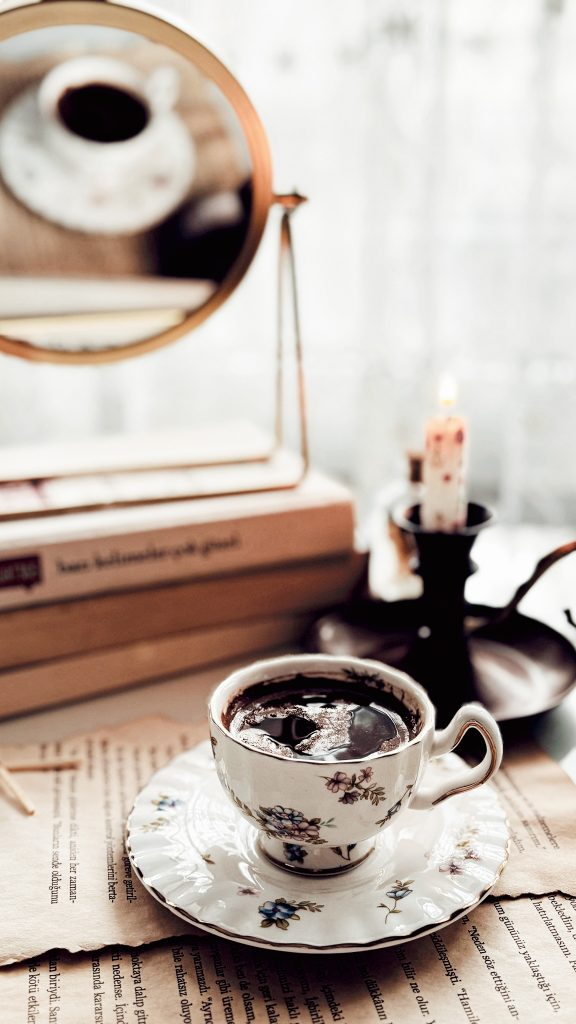
Wabi Sabi & Kintsugi: Finding Beauty in Imperfection
Perfection is exhausting.
Luckily, Japan offers a remedy: wabi sabi, the philosophy of embracing imperfection and impermanence.
A cracked ceramic bowl, the asymmetry of a hand-thrown vase, the golden streaks of kintsugi (the art of repairing broken pottery with gold)… These are testaments to the beauty of time and wear.
Wabi sabi is a rejection of mass-produced perfection. It teaches us to find beauty in the simple, the aged, the imperfect. Because life itself is beautifully imperfect.
How can we bring wabi sabi into our lives?
- Let go of perfection. A cluttered bookshelf filled with well-loved books is far more beautiful than a pristine, untouched one.
- Embrace wear and tear. That coffee cup with a tiny chip? That sweater with a loose thread? They tell a story.
- Slow down. Notice the way the light shifts in your home throughout the day. Appreciate the changing seasons. Allow things to unfold naturally.
And if you want to dig deeper into this transformative way of thinking, these reads are lovely companions:
- Wabi Sabi: Japanese Wisdom for a Perfectly Imperfect Life by Beth Kempton – A gentle, poetic guide that makes wabi sabi feel tangible, not theoretical. Part memoir, part philosophy, all heart.
- Kintsugi Wellness by Candice Kumai – A blend of Japanese philosophy and modern wellness, this book ties together food, culture, and personal growth with an emphasis on healing.
- Wabi Sabi: The Art of Imperfection by Andrew Juniper – A deeper dive into the aesthetics and cultural roots of wabi sabi. Think: design, simplicity, and timeless beauty.
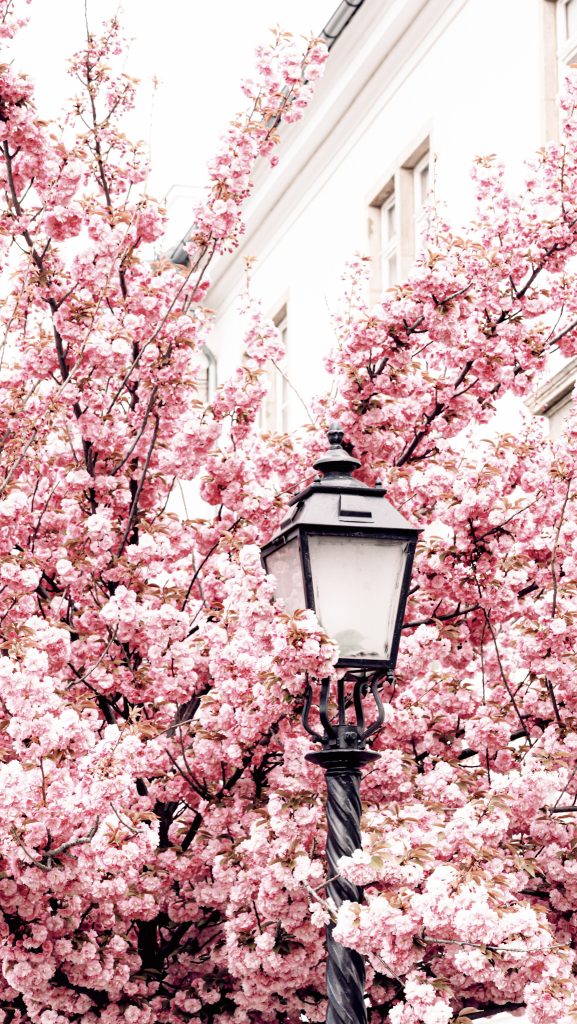
Mono no Aware: Embracing the Fleeting Nature of Life
Some moments are meant to slip through our fingers. That’s what makes them beautiful.
Mono no aware is the Japanese appreciation for the ephemeral nature of life. That is, the awareness that everything is temporary. It’s the bittersweet feeling of watching cherry blossoms fall, knowing their beauty lasts only a moment.
How can we embrace mono no aware in daily life?
- Savor the present moment. Whether it’s a warm cup of tea, laughter with a friend, or the peace of a Sunday morning, acknowledge the beauty of the now.
- Let go with grace. Instead of resisting change, welcome it. Growth, endings, and new beginnings are all part of life’s rhythm.
- Find joy in everyday ephemerality. The steam curling from a cup of matcha, the golden light of sunset, the way a favorite song makes you feel. Cherish these moments before they slip away.
By accepting that nothing lasts forever, we learn to love more deeply, live more fully, and appreciate the world around us with fresh eyes.

Ikigai & Shokunin Spirit: The Joy of Purposeful Living
At the heart of Japanese slow living is ikigai: the idea of having a deep sense of purpose.
Unlike Western productivity culture, where self-worth is often tied to work and achievements, ikigai is about finding joy in what you do. May that’s growing a garden, practicing calligraphy, or cooking a nourishing meal.
This connects deeply with shokunin spirit, the devotion to craftsmanship. Whether you’re a ceramicist, a baker, or simply someone who takes pride in arranging flowers, the goal is not perfection but presence, and giving your full attention to whatever you do.
It’s about waking up in the morning with a sense of fulfillment. A feeling that what you do, no matter how small, matters.
Ikigai can be as it’s as simple as:
- Cooking a homemade meal with love.
- Practicing a hobby for the pure joy of it.
- Spending time with loved ones.
- Creating something with your hands.
Ikigai and shokunin remind us that fulfillment is found in doing what matters, with care.
Bringing Japanese Slow Living Into Your Life
All it takes is a shift in perspective, and a willingness to see the sacred in the ordinary.
Here’s how you can start:
- Begin your day mindfully. Instead of reaching for your phone first thing, open a window, sip tea, or simply enjoy a few deep breaths.
- Create daily rituals. Light a candle before journaling, arrange food on a plate with care, or set aside five minutes to stretch.
- Spend time in nature. Whether it’s a park, a garden, or simply sitting by an open window, connect with the earth.
- Embrace imperfection. Let go of the pressure to have a ‘perfect’ home, career, or body. Life is meant to be messy, lived-in, and full of character.
- Find joy in small moments. The warmth of a sunbeam on your skin. The scent of rain. The first sip of tea. This is life.

